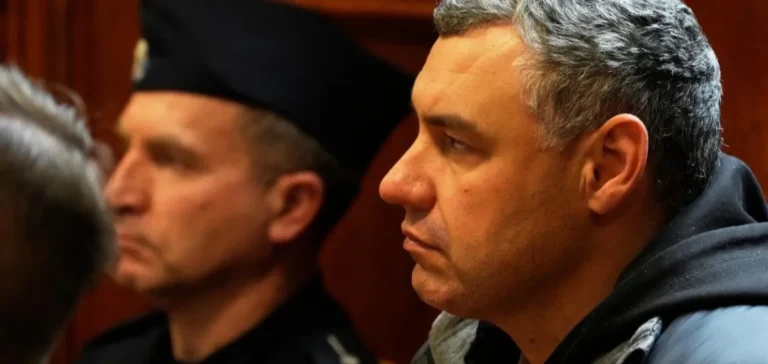The Bologna Court of Appeal has reviewed an extradition request issued by Germany targeting a Ukrainian national suspected of involvement in the sabotage operation against the Nord Stream pipeline, which was damaged in the Baltic Sea in September 2022. Serhii Kuznietsov, aged 49, was arrested in Rimini on August 21 and is currently held in a high-security Italian prison. He is accused by German authorities of coordinating a covert operation against energy infrastructure connecting Russia to Western Europe.
Proceedings revived by Court of Cassation ruling
On October 15, the Italian Court of Cassation annulled an initial ruling that had approved the extradition, judging that the reclassification of the offence as an “act of terrorism” by the Bologna Court of Appeal was unlawful. The arrest warrant issued by Germany refers only to sabotage, not terrorism. The case was therefore referred to another chamber of the same court for further review.
According to his lawyer, Nicola Canestrini, Serhii Kuznietsov held official military status at the time of the events. He argues that this status would entitle his client to functional immunity and justify the energy infrastructure being considered a military target in the context of the Russia-Ukraine conflict. Kuznietsov denies taking part in the operation and claims he was in Ukraine at the time of the explosions.
Sabotage with major geopolitical implications
On September 26, 2022, four massive leaks followed by explosions struck the Nord Stream 1 and 2 underwater pipelines, which, although out of service, still contained gas. These pipelines connected Russia to Germany, transporting the bulk of Russian gas to Europe. The incident occurred seven months after the start of Russia’s military offensive in Ukraine.
Separate investigations were launched in Germany, Sweden and Denmark. The Scandinavian authorities closed their investigations in 2024 without prosecution. In Germany, the case remains open and identifies a Ukrainian cell composed of five men and one woman as the suspected perpetrators of the explosions.
Extraditions challenged across Europe
Kuznietsov’s defence also draws on a recent decision by a Polish court, which refused to extradite another Ukrainian national suspected in the same case to Germany. His lawyer plans to argue again that the German proceedings are inadmissible, citing similar grounds.
The Nord Stream case remains a sensitive issue on the diplomatic front, involving major energy stakes between Russia, Germany and their European partners. It continues to raise questions about the security of critical infrastructure and the legal boundaries linked to cross-border armed conflicts.






















